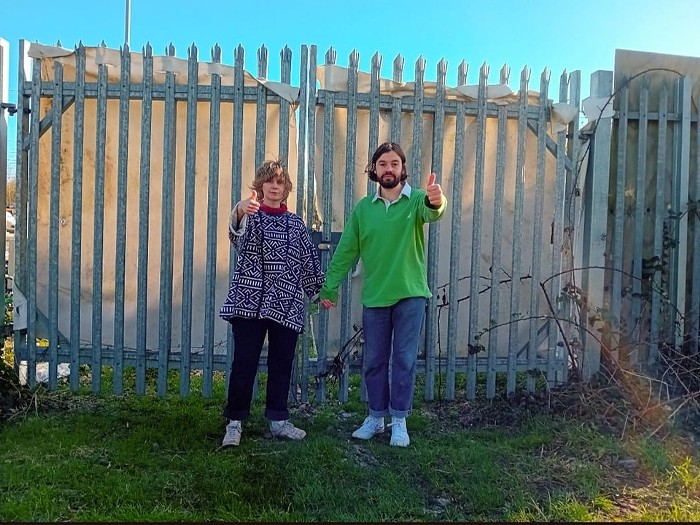
I worshipped two shows as a boy. The first was The Paper Chase, which starred John Housemen as the severe Harvard Professor of Law, Charles W. Kingsfield Jr. The other was Cosmos, which was hosted by an astronomer, Carl Sagan, who, between 1957 and 1996, was married to a biologist whose work, Symbiotic Planet, changed my life in 2008. (Both shows were on PBS, the only channel my shumba mother would allow me to watch with no restrictions.)
Now, my boyhood had two life-changing experiences. First was watching Star Wars with my aunt (more specifically, maiguru) in 1977. This was the moment, which happened in Seattle (the summer city of my boyhood), I first saw that Christianity did not structure the whole universe. It wasn't fundamental. Evil could be Satan or Darth Vader, and good could be Jesus or Luke Skywalker. This discovery broke my boy-mind. No one had told me that Jesus might not be seen as all that is good on Jupiter, or Alpha Centauri, or a galaxy far, far away.
My atheism was born in that theater that afternoon. (Star Wars was the first movie I watched.) But I needed something to replace the growing vacuum initiated by that experience. I still needed to believe in something. No-thing was not enough. I was spiritually adrift until I watched the first episode of Cosmos near the end of 1980.
Three things about this show moved me profoundly. One was Carl Sagan himself (so reasonable, so thoughtful, so human), another was the Spaceship of the Imagination (a "spacecraft/set Sagan used to travel through wonderful space and marvelous time... with translucent skin and a control panel of glittering crystals..."), and, finally, the show's theme song, "Heaven and Hell," by a Greek composer who died of COVID-19 on Tuesday, May 17, Vangelis.
I was sold. I believed in God, but a secular one. A God made of star-stuff, to use Sagan's language. But the transference of my religion from the church to the stars would not have been possible without Vangelis's transportive "Heaven and Hell." I made every effort not to miss the show's opening because this sorrowful and starry-full piece gave my feelings access to the essence of the show's defining images: planets, stellar gas clouds, pulsars, galaxies.
Near the end of the second episode of Cosmos, "One Voice in the Cosmic Fugue," Sagan said something that truly stunned me: "The molecules of life fill the universe." And as he speculated on life on other worlds, and transformed the Jesus I lost in the movie theater into universal matter and laws of physics from which life emerged, Vangelis provided a perfect piece of music: "Alpha".
Fifteen years later, the Canadian producers Dino & Terry boosted "Alpha" and transformed it into a deep trip-hop groove, "Gibby Disco":
Vangelis, who is mostly known for a soundtrack that did nothing for me (the "Chariots of Fire" theme), provided the revolutionary soundtrack for a film that first pictured cyberpunk on the screen, Blade Runner. My first encounter with this work happened in 1984, in Harare. I rented the movie from a video store at the Chisipite mall. I was with my friend Martin. After playing Asteroids at an arcade, we watched the movie at his place on Enterprise Road. When we overcame our speechlessness, we could not stop talking about and re-watching the science fiction film.
There is not enough time in my life to say nearly enough about the music/images in this work: Its opening (the fiery industrial blasts of an endless city whose pollution has made day into night and rain toxic); its peak (a police car landing on the top of a 300-story police station); its conclusion (a techno beat as the doomed androids flee to the Pacific Northwest). The way to feel this Los Angeles, which 1982 saw as the year 2019, was made so real by a genius who gave me the cosmos and the urban sublime, Vangelis.



















